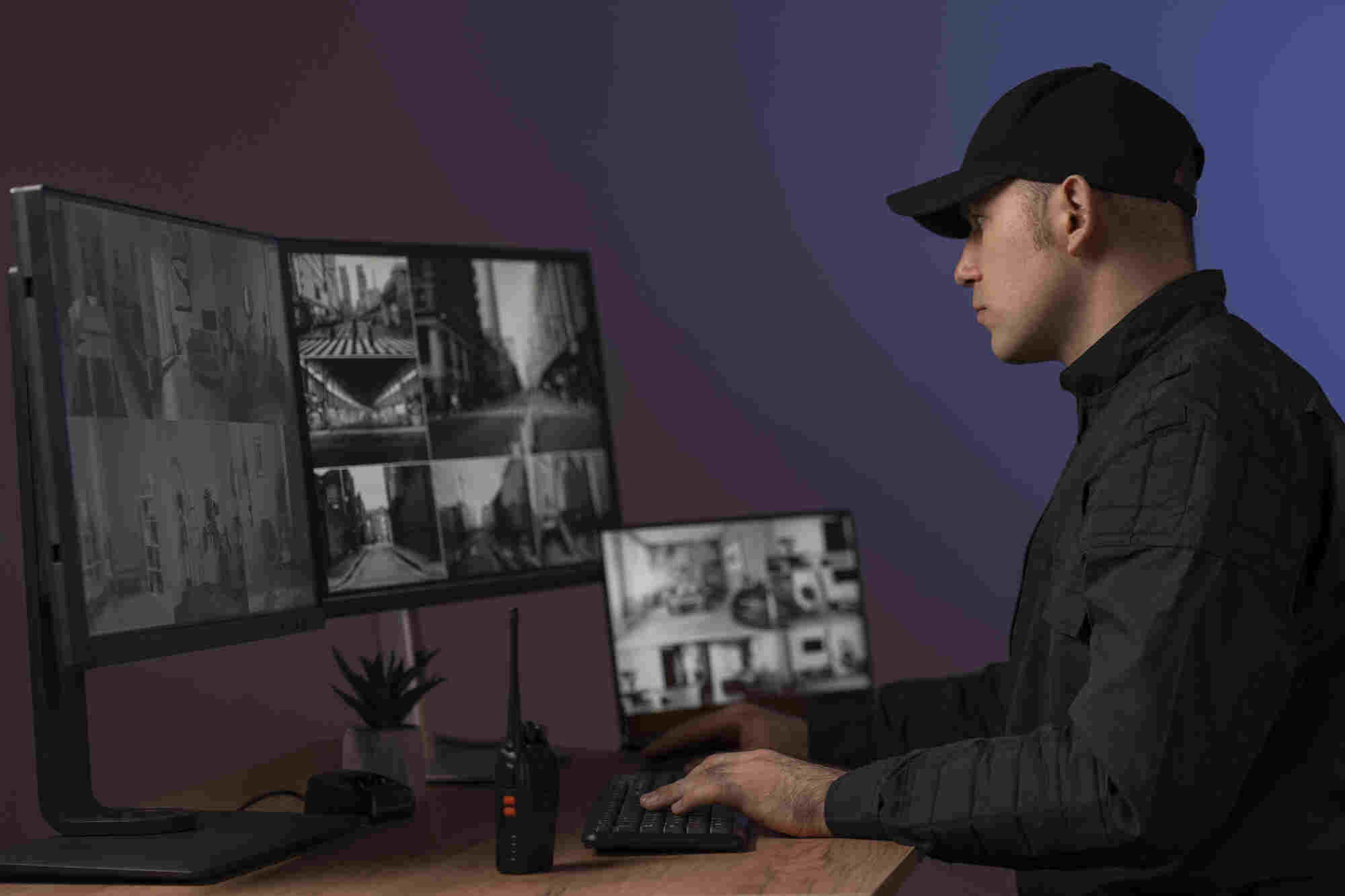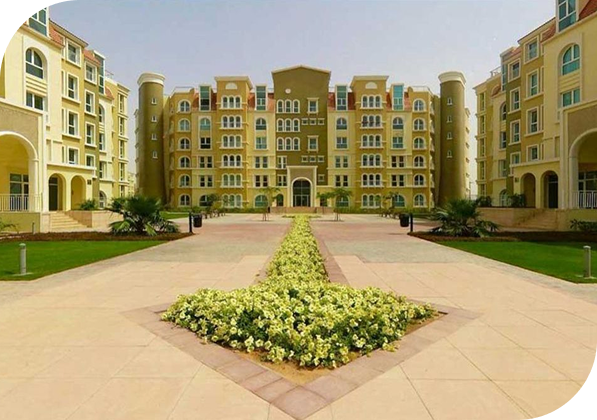In today’s fast-paced digital world, businesses are rapidly adopting technology to enhance efficiency, productivity, and safety. One significant innovation that’s reshaping the security landscape is the rise of the remote security guard. Traditionally, businesses relied on physical security guards to protect their assets, but now, with advancements in surveillance technology and telecommunications, remote security services are emerging as a safer, more cost-effective alternative.
What Is a Remote Security Guard?
A remote security guard is a professional who monitors a location or property from a remote location through advanced surveillance systems, cameras, sensors, and other security tools. Unlike traditional security guards, who are physically present at the site, remote guards oversee multiple locations at once, ensuring constant surveillance and swift responses to potential threats. They work closely with on-site security personnel or law enforcement to handle any security incidents.
How Remote Security Guard Work
Remote security systems utilize high-tech cameras, motion detectors, and alarm systems to provide 24/7 surveillance. Here’s how a typical setup works:
- Surveillance Cameras: Installed around the premises, these cameras provide real-time footage to a central monitoring station.
- Monitoring Center: At this central hub, trained remote security guard monitor the video feeds, sensor alerts, and other security data.
- Response Plan: If suspicious activity is detected, the remote security guard can immediately contact local authorities or on-site security personnel to address the issue.
- Two-Way Communication: Some systems also feature loudspeakers or microphones, allowing remote guards to communicate with people on the premises and issue warnings or instructions if necessary.
Benefits of Hiring Remote Security Guard
1. Cost-Effectiveness
One of the biggest advantages of remote security is its affordability. Traditional security requires hiring multiple guards to cover large areas or night shifts, but remote security guard can oversee multiple locations from one control room. This reduces labor costs while maintaining high levels of protection. Additionally, remote monitoring services typically operate on a subscription model, allowing businesses to tailor services to their specific needs and budget.
2. 24/7 Coverage
Remote security services provide constant, round-the-clock monitoring. Unlike physical guards who may need breaks, shifts, or even time off, remote systems ensure uninterrupted surveillance. This is particularly valuable for businesses that operate after hours or need constant protection of their assets.
3. Increased Accuracy and Efficiency
Modern surveillance systems equipped with artificial intelligence (AI) and motion sensors allow remote security guard to focus on areas where there is suspicious activity. Instead of passively watching hours of footage, these systems flag potential threats, enabling the guard to take immediate action. This minimizes human error and ensures quick response times.
4. Improved Safety for Guards
For security personnel, working on-site comes with various risks, particularly in high-crime areas or hazardous environments. Remote security guard eliminates these risks by performing their duties from a safe location. This not only protects the guards but also enables businesses to maintain security in places that are challenging for human presence.
5. Real-Time Incident Management
In the event of a security breach or emergency, remote security guards are trained to handle situations swiftly. They can directly contact local authorities or on-site staff, reducing the time it takes to respond to a threat. Some systems also allow the guard to issue verbal warnings through on-site intercoms, potentially deterring criminal activity before it escalates.
Industries Benefiting from Remote Security Guard
1. Retail Stores
Retailers are particularly vulnerable to theft, especially after hours. Remote security services can monitor entrances, exits, and inventory, ensuring that potential threats like shoplifting, break-ins, or employee theft are identified immediately.
2. Construction Sites
Construction sites often span large areas and contain valuable equipment, making them prime targets for theft or vandalism. Remote guards can monitor these sites, even when physical security personnel are unavailable.
3. Corporate Offices
For corporate settings, remote monitoring ensures that unauthorized access is detected, protecting sensitive data and valuable assets. Many corporate offices rely on a hybrid approach, using both remote and on-site security guards for added protection.
4. Warehouses and Storage Facilities
With large amounts of stock and goods stored, warehouses require constant vigilance. Remote security guard can efficiently monitor large perimeters and storage areas, reducing the risk of theft, inventory loss, or trespassing.
Choosing the Right Remote Security Provider
When selecting a remote security guard service, it’s essential to consider a few key factors:
- Experience and Reputation: Look for companies with a proven track record of providing reliable remote security services.
- Technology: Ensure that the provider uses the latest surveillance and monitoring technology, including high-resolution cameras, AI-based systems, and secure communication channels.
- Customization: Every business has unique security needs. Choose a provider that offers customized plans tailored to your specific requirements.
- Customer Support: Reliable customer service is crucial, especially in emergencies. Make sure the company provides 24/7 support.
Conclusion
The growing demand for enhanced security solutions has led many businesses to turn to remote security guard as a reliable and cost-efficient option. With their ability to offer 24/7 monitoring, real-time incident response, and comprehensive surveillance, remote guards are reshaping the security industry. Whether you’re protecting a retail store, office, or warehouse, investing in remote security can provide peace of mind, ensuring that your business is safe from potential threats at all times.
By embracing the future of security through remote monitoring, businesses can not only safeguard their assets but also reduce costs and improve overall efficiency.



